17th July, 1918 - The Execution of the Russian Monarchy
Learning About the Russian Revolution
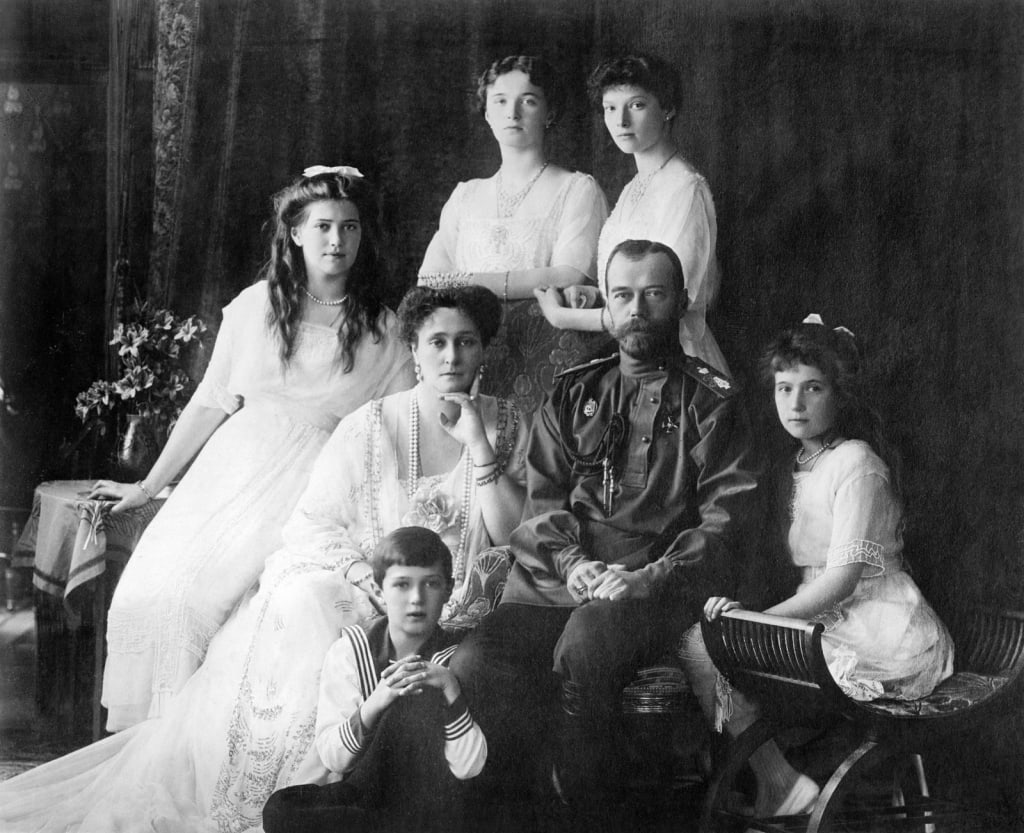
There's something almost spooky about looking back and seeing a country call for the murders of not only its king and queen, but also their children - including the youngest boy who already suffered greatly through life. I personally have no opinion on this since I don't feel like I have read enough on the Russian Revolution to give an informed statement, but there is no doubt that this war will always make entertaining and shocking viewing material.
Here are some of the books I have read on the Russian Revolution and the Tsars, though I do hope to read more:
- Memoirs of a Revolutionary by Victor Serge
- The Russian Revolution by S.A Smith
- The Romanovs by Simon Sebag-Montefiore
- Life and Fate by Vasily Grossman
- White Guard by Mikhail Bulgakov
These are all great books, though there are more I have read (and possibly don't think were very informative at all). But the point is that you will not run out of reading material when it comes to the Russian Revolution and its victims. It has always been of interest to the public because it, like the revolutions of France, America and even Mexico - shows us the will of the people and what people can do. In our own time, we face our own revolution against racial prejudices of certain people of authority. We are constantly told that the will of the people is not strong enough, but in fact history has told us a lot different - and yet it tells us the same.
First, it tells us that there is a good reason to believe that revolution, when required is a great idea. The idea that you should accept the things you cannot change and change them has always been a revolutionary theory and has constantly been used, from Thomas Carlyle's "French Revolution" all the way down to Lenin and Trotsky's writings on the Russian Revolution. It tells us that revolution, when things get out of hand and those in power either abuse it or do not help its dying people, is required and that there is really no other option.
It shows us that anger against the system is a great idea, and it is. The only way to solve a problem is to scare the other side into thinking that when they give you a problem - you'll give them one back. Throughout history, and most famously by Malcolm X, the term "by any means necessary" has been used to denote what can and will be done. It is possibly the most effective method of revolution.
But then, in some cases - mostly those concerning countries and their people - it shows us what happens when things go too far. When we put our faith in the revolutionary speaker. What happens when the world listens to its 'revolutionary' who campaigns to change the face of the nation and to raise it from the ashes. These people like Napoleon Bonaparte, Robespierre, Joseph Stalin and even, to the extreme, Adolf Hitler and yet there have been many more. This is a country's revolution turning sour. This is what happens when we listen to one man who refuses to then give up his power, abusing it and ultimately becoming the enemy of the nation. History does not look kindly upon these people.
The Russian Revolution took the same model as the French Revolution. It was one that was created in the want to do something good for the nation. Lenin initially wanted the workers of Russia to be more and better recognised for their efforts. A whole-heartedly good cause from a questionable man, he set out to take revenge on his brother's death by making the nation of Russia a superpower in its own right. However, when he died and Joseph Stalin began his rise to power, it was like someone had undone the great work that was once set out by a brilliant cause once dreamt of by the Russian People.
However, there has always been a question about the requirement to kill the monarchy and who ordered it. If, upon Lenin's orders, it was done then the only way that Lenin could get himself and his men out from being regicides was to rightly make the Tsar abdicate before he died. Which makes me think that Lenin was the man who actually planned this. The execution of the royal family was nothing but a horrible and dreadful murder of two people who worked hard on their country and their innocent children. Unfortunately, no matter what you think - I cannot advocate the murder of children. They did not deserve that.
Here are five things you can watch/listen to if you're looking to learn more about the Russian Revolution:
5. Rasputin: Murder in the Tsar's Court [Amazon]
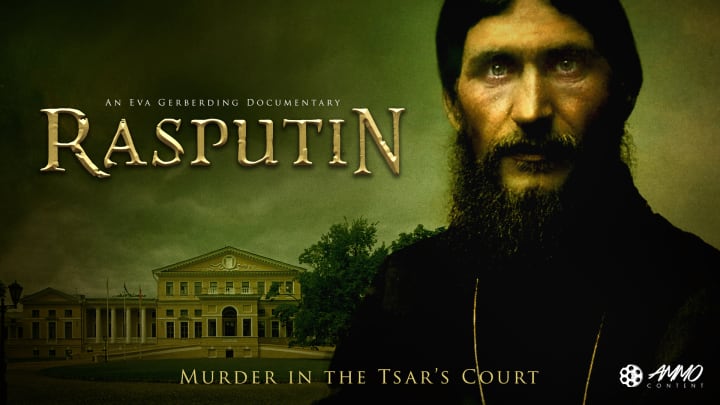
4. Witness History: Soviet History [BBC World Service: Audio]
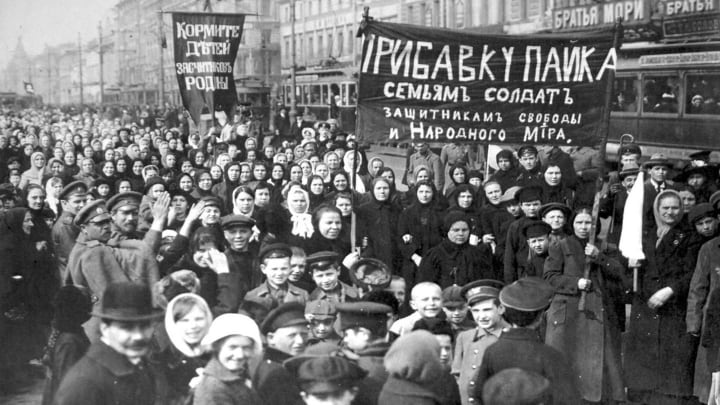
3. Russia 1917: Countdown to Revolution [BBC]
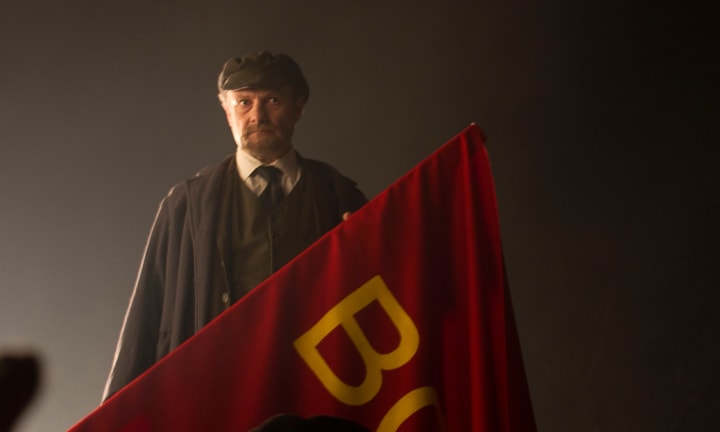
2. The Russian Revolution [Netflix]
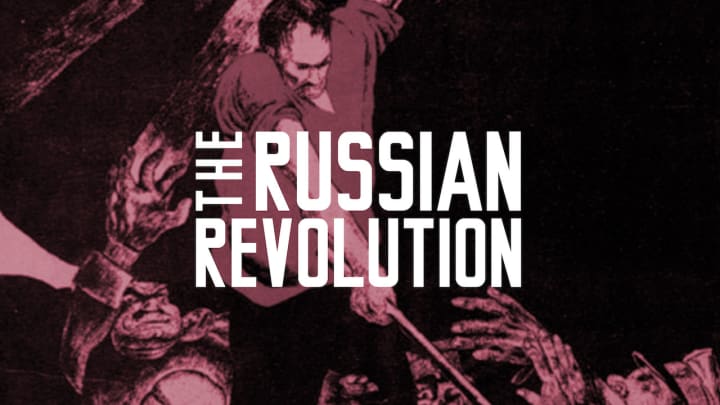
1. The Last Czars [Netflix]

About the Creator
Annie Kapur
200K+ Reads on Vocal.
English Lecturer
🎓Literature & Writing (B.A)
🎓Film & Writing (M.A)
🎓Secondary English Education (PgDipEd) (QTS)
📍Birmingham, UK






Comments
There are no comments for this story
Be the first to respond and start the conversation.